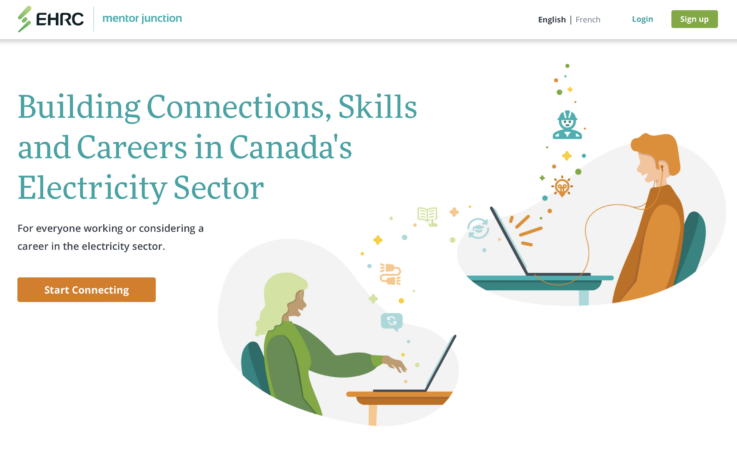0:10 You’ve built a solid educational foundation.
0:13 In fact, you’ve probably got some great knowledge and skills.
0:16 But skills learned at school and those required in the workplace aren’t always one and the same.
0:20 There’s always more to learn.
0:22 In short order, there could be evolving and exciting career opportunities.
0:26 Don’t be surprised by them – get in front of them.
Active Learning
0:29 You’ll need to be an active and enthusiastic learner your whole career.
0:33 If you want a successful one, anyway.
0:36 Electricity is a fast evolving and fiercely competitive industry.
0:40 So you’ll want to stay up to date.
0:42 You’ve learned the core basics.
0:43 But marrying innovation to legacy systems is the name of the game now.
0:48 It’s up to you to find better systems, processes and products to move forward.
0:52 You can’t do that if you don’t expand your knowledge base.
0:55 So here’s a tip: keep learning.
Keep Learning
0:58 Put your hand up whenever any formal or informal in-house training is offered.
1:03 If you don’t know what’s available – ask your HR department or supervisor what is out there.
Continuous Learning
1:07 Showing initiative around continuous learning creates a great impression.
1:11 So constantly expand your knowledge.
1:14 Take every course you think can benefit you —
1:17 whether it’s in class, online or sponsored by your employer or professional association.
Summary
1:22 Go to conferences, team up with researchers and read about the latest technologies.
1:27 Soak it all in.
1:29 Your education may help you land a job – but being a lifelong active learner will help you keep it.
1:35 Showing interest in the latest developments doesn’t just make you look good;
1:39 it also shows your employer that you know what you are doing and can be trusted.
1:43 Learning new things can also help you retain interest in your job and boost self-confidence.
Outro
1:48 It may also make you more innovative, productive and happier.
1:52 Exactly the type of employee a company wants to keep and develop.
1:56 And companies that have workers who grow their knowledge base through innovation will continue to grow, too.








